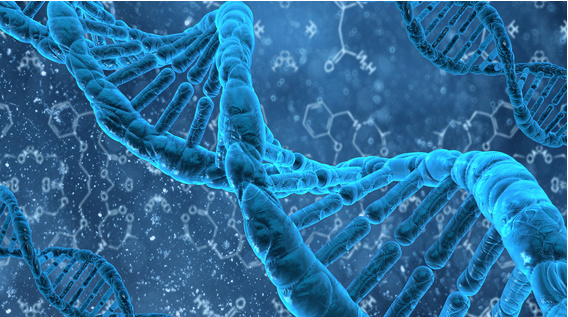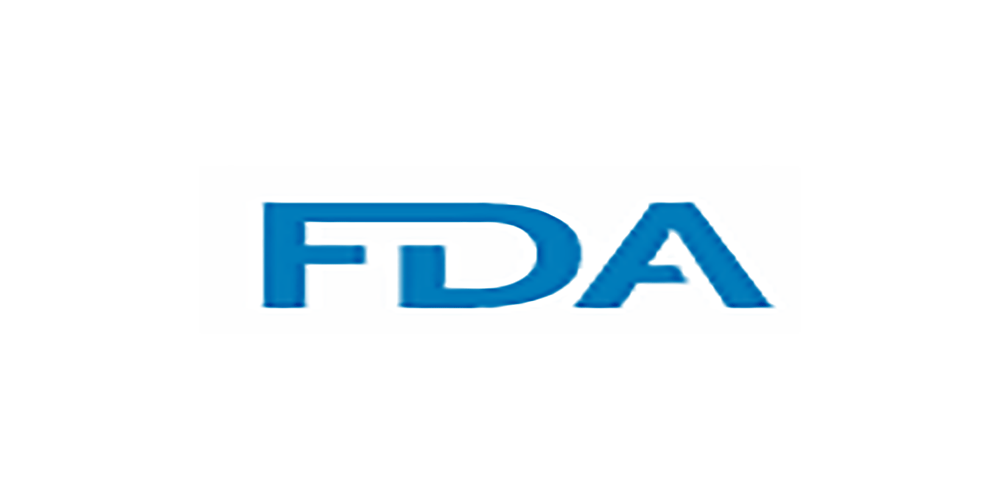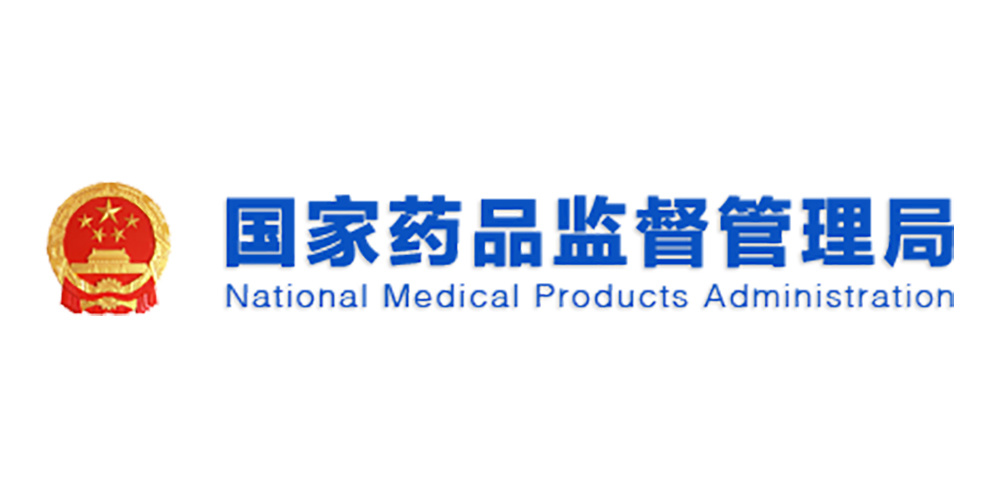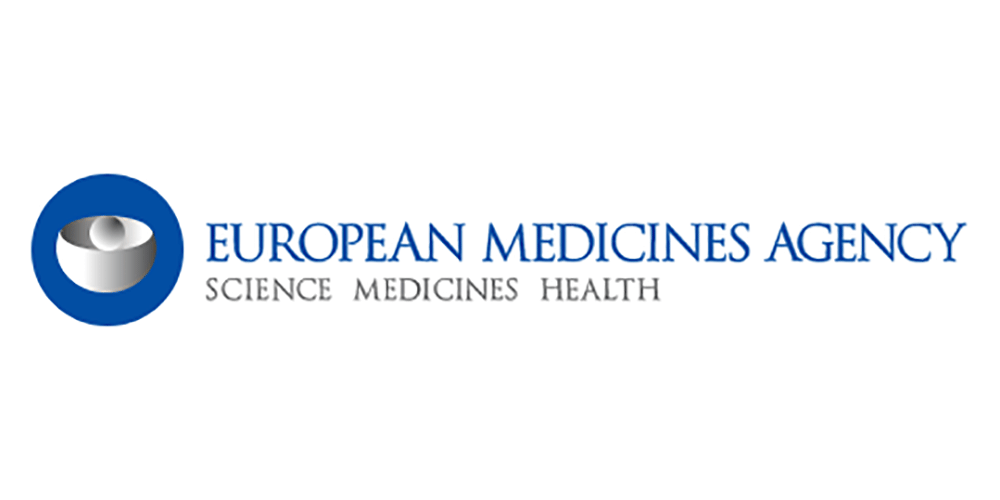News attention
20
2020
-
03
Emphasize targeted therapy
A few years ago, personalized healthcare was an emerging concept rather than a specific component of healthcare systems. However, last year, 42% of newly approved drugs, medications, or therapeutic biologics were classified as personalized drugs.
Personalized medicine refers to therapies designed based on the patient's genetic and molecular composition. In principle, individualized treatment should be more effective for patients compared to non-specific drugs.
 |
A few years ago, personalized medicine was more of an emerging concept than a specific part of the healthcare system. However, last year, 42 percent of newly approved drugs, pharmacies or therapeutic biologics were classified as personalized medicines.
Personalized medicine refers to therapies designed based on a patient's genetic and molecular makeup. In principle, individualized therapy should be more effective in the treatment of patients than non-specific agents.
|
| With advances in genetic technology and greater understanding of disease pathology, the cancer drug development industry in particular has witnessed a major shift towards targeted therapies. In the past three years alone, the U.S. Food and Drug Administration (FDA) has approved eight targeted therapies for acute myeloid leukemia (AML), an often fatal blood cancer. Indeed, market research firm IQVIA (formerly Quintiles and IMS Health) predicts that by 2020, leukemia and lymphoma treatments will be the main focus of drug discovery, in addition to treatments for breast, lung, and colorectal cancer. |  |
 |
Targeted therapies are not necessarily limited to one indication. Some targeted therapies target specific genes or proteins that may be mutated or defected in several different types of cancer. Biotech Epizyme is expected to review its experimental small molecule inhibitor drug, tazemetostat, in late January to treat certain blood cancers and solid tumors.
In Deloitte's report, researchers believe that the delivery of targeted drugs will become mainstream in the medical community. That is, targeted drug delivery through "nanoparticle pills" will be introduced into the healthcare and life sciences vocabulary.
|
RELATED NEWS







